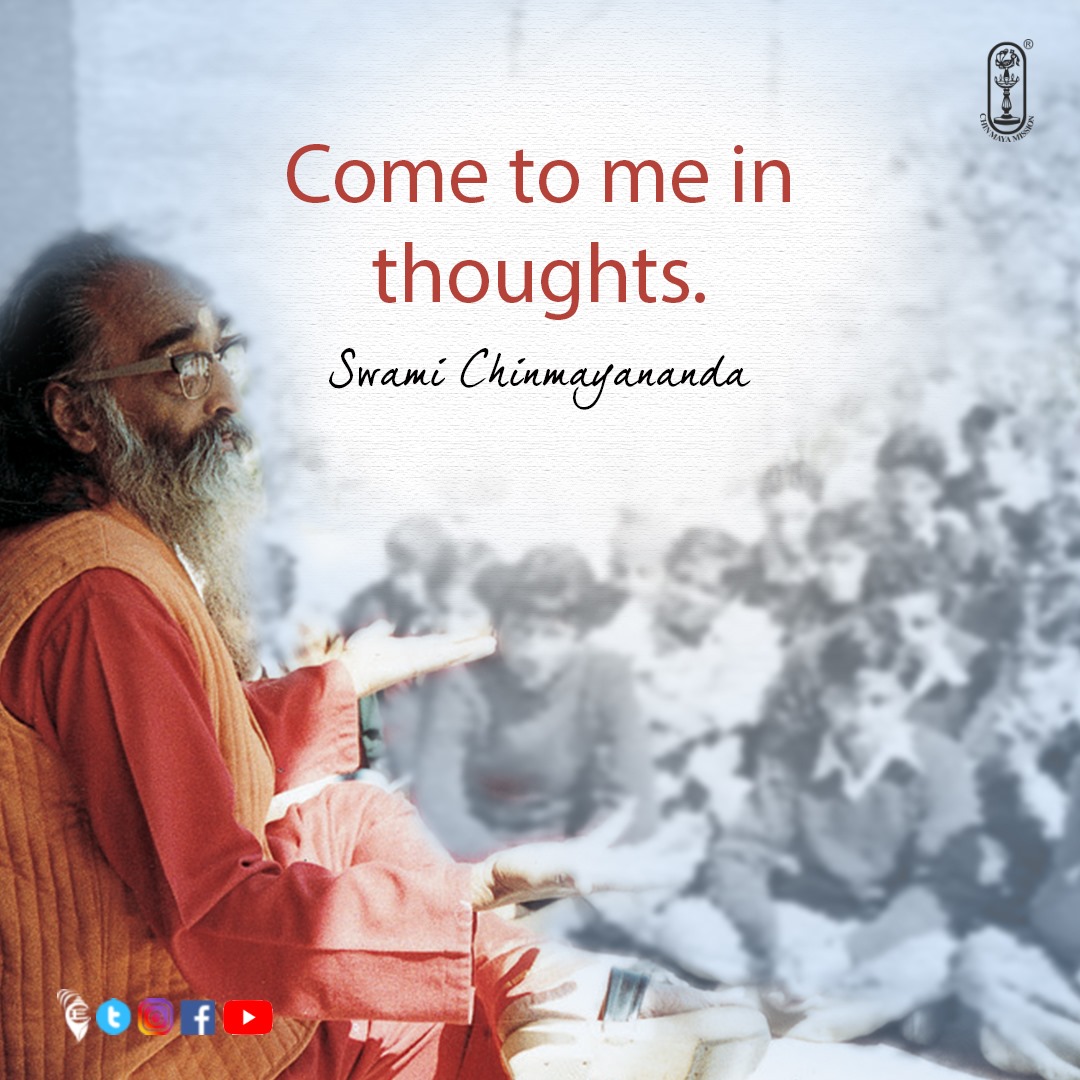The Doctrine of the Upanishads - 10. Swami Krishnananda.

------------------------------------------------------------------------------------------------------------------------- --------------------------------------------------------------------------------- Saturday, July 24, 2021. 11:20. AM. GOD, THE UNIVERSE AND THE INDIVIDUAL - 10. --------------------------------------------------------------------------------- Philosophy leads us up to a certain stage of thinking; not to the Ultimate Truth. Philosophy trains the intellect in order to recognise its own limitations. It can only make us understand how much we can know in the universe and what we cannot know. The limit of the reasoning power is revealed by philosophy. But the Upanishads do not stop there, with mere reason or with understanding. They reveal the relation among the principles of God, the world and the individual. Only Aparoksha-Anubhava, or immediate experience, can reveal the truth of this relation. It is non-relational experience, without a relation betwe...






